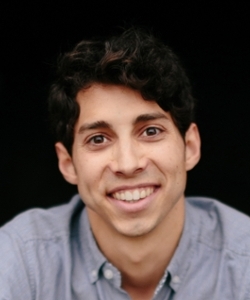
Robert Slater
Associate Professor Clinical and Applied Science EducationRob Slater is a family and integrative medicine physician who earned a Bachelor of Science in Chemical Engineering from the University of Texas in Austin, a Doctorate of Medicine from the University of Texas Health Science Center in San Antonio, and a Master of Public Health from the University of Texas School of Public Health. Dr. Slater completed his residency training in family medicine at Memorial Family Medicine Residency Program in Houston, Texas. Following this, he completed a fellowship in Integrative and Behavioral Medicine at the University of Texas Medical Branch in Galveston, then became an assistant professor at UTMB.
As an undergraduate, Dr. Slater was involved in homeless ministry in Austin and developed a passion for working with the underserved. In medical school, Dr. Slater provided medical care in bateyes along the border of Haiti and the Dominican Republic. He spent his clinical rotations working in the Lower Rio Grande Valley (LRGV). While there, he designed a study into nutrition barriers for a population with a high prevalence of diabetes and food insecurity. During his final year of medical school, Dr. Slater worked with the President's Malaria Initiative - a branch of the CDC's Center for Global Health - to assess malaria interventions in Ghana. During his medical residency training, Dr. Slater spent a month working with the Indian Health Service at the Northern Navajo Medical Center, and another month with the Houston Health Department in epidemiology, behavioral surveillance and emergency preparedness. A few months later, he co-authored a study on the benefits of eating almonds for blood sugar control.
Dr. Slater is passionate about incorporating lifestyle and integrative approaches to health into medical education. In 2019, Dr. Slater joined the newly-founded osteopathic medical school at the University of the Incarnate Word in San Antonio, and is currently serving as Unit Director for GI, Nutrition and Appetite (Unit 5) and Circulation, Respiration and Regulation (Unit 6).
- M.D., University of Texas Health Science Center in San Antonio
- M.P.H., University of Texas School of Public Health
- B.S. in Chemical Engineering, University of Texas in Austin
